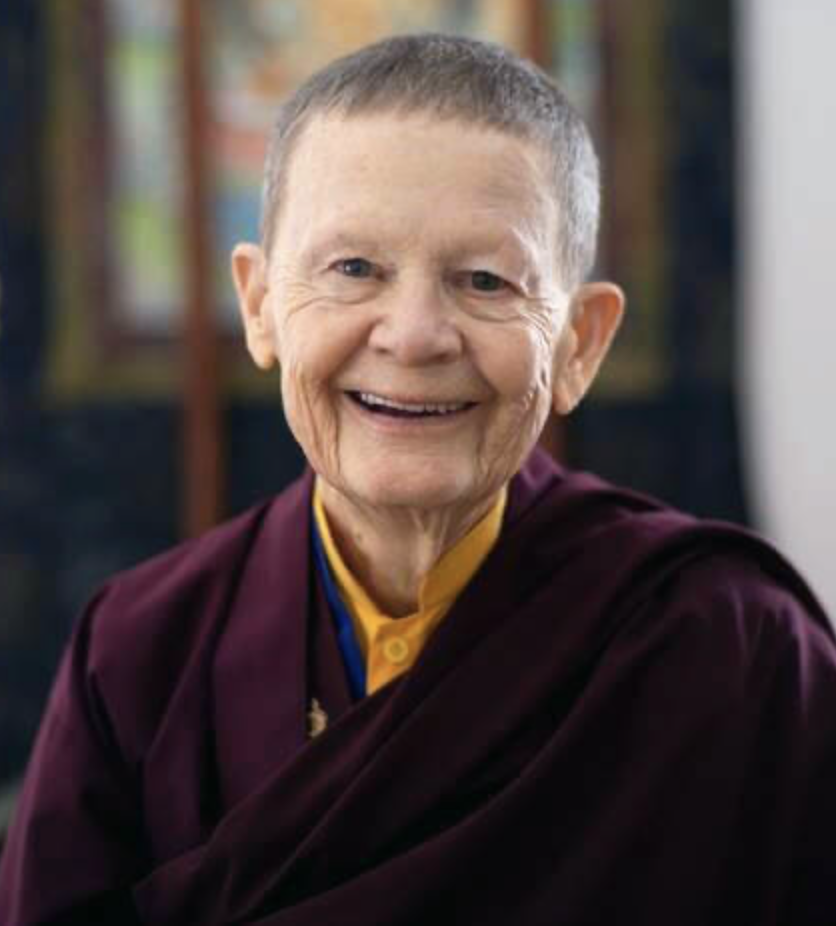How We Live Is How We Die by Pema Chodron
Beloved Buddhist nun, Pema Chodron tenderly teaches on the Bardos - a Tibetan term for transition - to illuminate the essential truth, how we live is how we die. Written by Jade Adgate
I am occasionally asked if there’s one thing that I’ve learned in my work of death midwifery, a nugget of wisdom gathered at the bedside of people who are dying. It’s a tricky question because every second that I’m in service to dying is saturated in teachings. But if I could consolidate my work into one line, it would be the same words that title Pema Chodron’s newest book: How You Live Is How You Die.
Chodron is a master at simplifying complex Buddhist teachings into their most clarified truths. Her voice, in this work too, is warm, engaging, wise and occasionally funny. Even as she turns her distilling mind to the subject of death, the reader feels invited in and hand-held through the darkest parts of the conversation.
Fundamental to this book is an exploration of that same truth that I’ve observed. In my work, people find comfort or unease in the same things at their life’s end as they did in their life’s middle. A person dying will likely struggle with and in the same ways as they’ve always struggled, the intensity may even grow. Similarly, what brings peace and comfort at the end of life will likely be the same things turned to for peace and comfort throughout it.
Chodron takes this one step farther. Diving deep into the Buddhist teachings around the Bardos, stages of dissolution, the five Buddha families and the realms of samsara, Chodron illustrates a path to practicing in life the ultimate determinations of our experience with death.
There is so much wisdom packed into this book, from meditations to stories to unraveling of wisdom she’s garnered sitting at the feet of her teachers. For anyone who is considering how we navigate our emotions in the present as a practice for engaging with those same tendencies in our future dying process, this book is a tender, clear instruction manual. The most marvelous thing about this book is these heavy discussions somehow leave you feeling lighter, reflective and hopeful … but for me, that’s the beauty of Pema Chodron.


